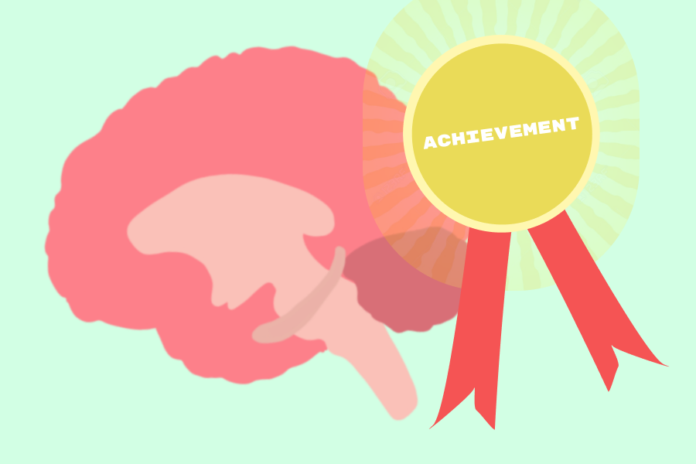UC Davis health professionals adhere to Get With The Guidelines-Stroke to provide high-quality patient stroke care
By BRANDON NGUYEN –– science@theaggie.org
Stroke is the No. 5 cause of death and leading cause of disability in the U.S., according to the American Heart Association. On average, an individual in the U.S. suffers a stroke every 40 seconds, and nearly 795,000 people suffer a new or recurrent stroke each year. Caused by blood clots (ischemic stroke) or blood vessel ruptures (hemorrhagic stroke), strokes result in brain cell death in areas where oxygen is no longer being delivered by the bloodstream.
Recently, the UC Davis Comprehensive Stroke Center was recognized by the American Heart Association as a recipient of the American Heart Gold Plus Get With The Guidelines-Stroke Quality Achievement Award. Developed by health professionals due to the alarming numbers that strokes present, Get With The Guidelines-Stroke is an in-hospital program that optimizes stroke care by promoting institutions to adopt the latest research-based technology and abide by the most recent scientific treatment guidelines.
Dr. Kwan Ng, the director of vascular neurology and the UC Davis Comprehensive Stroke Center, expresses gratitude on the behalf of the medical center for the award and recognition by the American Heart Association.
“UC Davis Health is honored to be recognized by the American Heart Association for our dedication to helping our patients have the best possible chance of survival and recovery after a stroke,” Ng said. “Get With The Guidelines-Stroke makes it easier for our teams to put proven knowledge and guidelines to work on a daily basis to improve outcomes for stroke patients.”
Dr. Alan Yee, a stroke neurologist at the UC Davis Medical Center, provides further insight into what the award means to the stroke team aside from its remarkable patient care.
“I think the award really signifies the high impact and high quality treatment that our medical center can provide both locally and even regionally to this area of California and in the U.S.,” Yee said. “The award highlights the cross collaboration and communication between departments, which I really think is a unique aspect of our center. We value each other’s input and expertise and how we can best care for each individual patient.”
The exceptional teamwork and open-mindedness to adapt to a patient’s needs deemed the UC Davis Comprehensive Stroke Center all-the-more deserving of the award for stroke care. To Yee, the award stresses the importance of successfully applying what is learned to what is practiced in the real world, and that requires, more often than not, the help among team members with their knowledge and input.
Alexandra Schrick, one of the four clinical stroke coordinators at the UC Davis Stroke Comprehensive Center, explains what distinguishes UC Davis from other medical centers and hospitals.
“We have a very robust program here where clinical stroke coordinators are here almost 24-7 to help coordinate the care for these patients from when they arrive to the emergency department or via ambulance all the way through their care here,” Schrick said. “We service the majority of northern California, so we’re basically a hub for a large area, […] and so our program is growing every single year. We have relationships with a lot of different hospitals in the area, including very far rural areas where we get patients flown to us. And I think that’s very unique to UC Davis.”
Recalling a memorable patient he recently had a check-in with, Yee opens up about how his patient’s journey under his guidance and adherence to the Get With The Guidelines-Stroke has been rewarding and sentimental.
“This young patient had had a very unusual cause of stroke, and it was due to what we call a blood vessel dissection that occurred in the person’s neck,” Yee said. “ And this was right when I started here about four and a half years ago and seeing how the emergency department and the residents that I work with addressed her needs urgently, we treated her for acute stroke management very quickly. She’s now functionally normal, and I think that made me very happy to see that what we do makes a big difference in a person’s life, and irrespective of age, seeing the individual walk back into my office really meant a lot to me.”
Written by: Brandon Nguyen — science@theaggie.org




